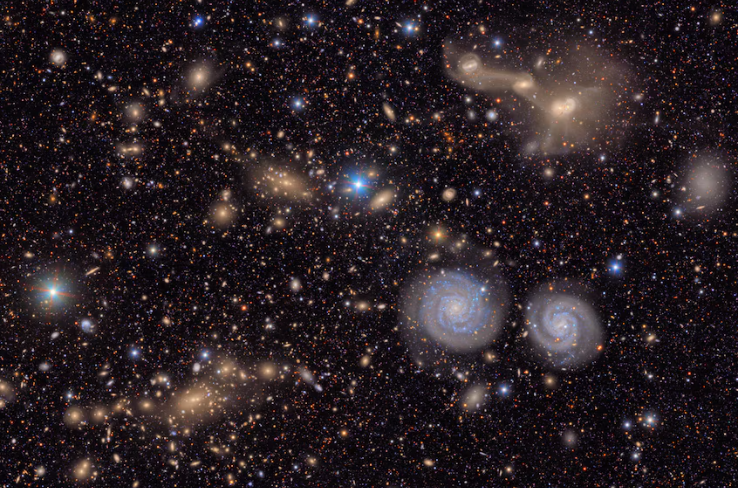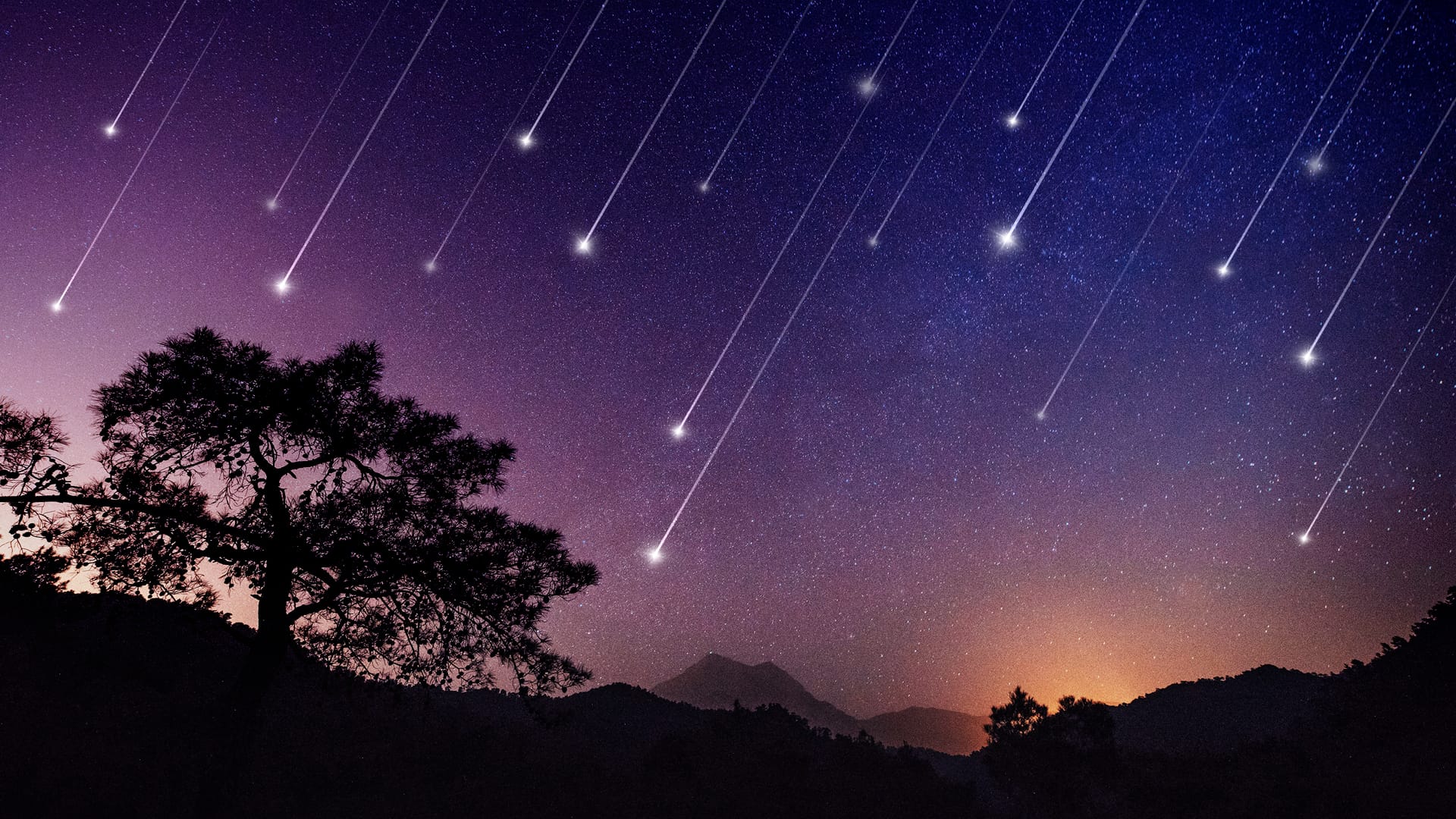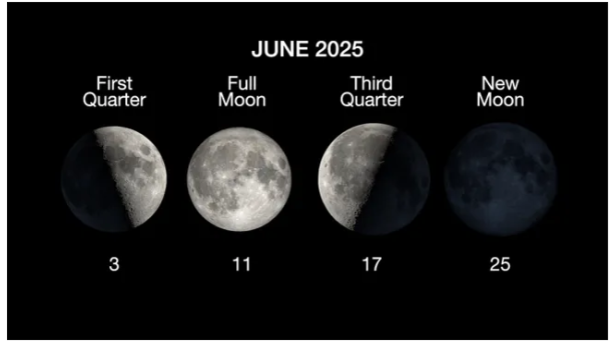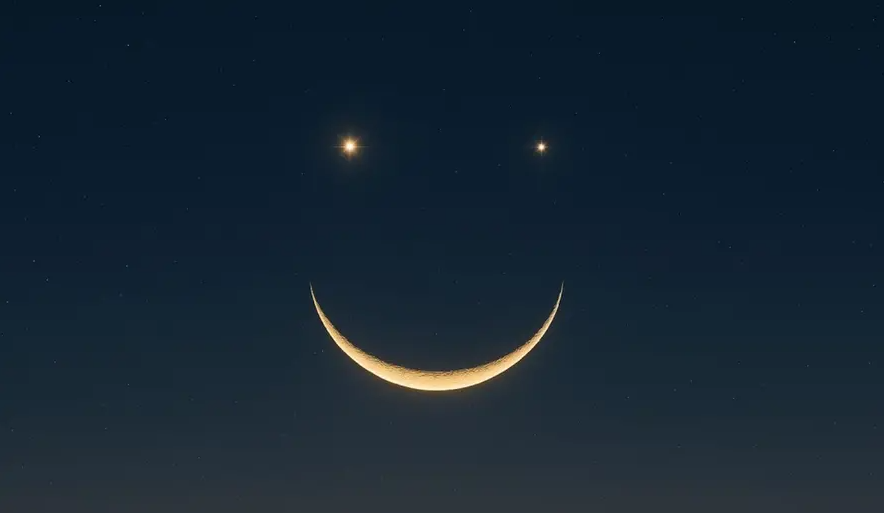If there’s one constellation that even the most uninterested stargazer can identify it’s Orion, famous for his three-starred belt. Yet something is definitely up with the cosmic hunter as one of his most iconic stars has been dimming, leading to speculation that it could be about to go supernova.
Betelgeuse is also known as Alpha Orionis, meaning that it is the brightest star in the constellation of Orion. Located some 700 light-years from Earth, it is one of the most luminous stars in the entire night sky, burning with an orange-red color. Yet earlier this month, astronomers noted that its brightness had dropped, indicating that it may have reached the end of its hydrogen supply.
Red giants like Betelgeuse typically take around 10 million years to burn up all their hydrogen, so the famous star was always expected to die young. Betelgeuse is expected to expire in a Type II supernova sometime in the next 100,000 years, although exactly when that will happen is anyone’s guess.
Having dimmed by around half over the past few weeks, dropping from its usual magnitude of +0.5 to a much duller +1.5, Betelgeuse has got astronomers excited with the prospect of witnessing an imminent stellar death. Should this occur, it would mark the first time that a star within the Milky Way galaxy has gone supernova in around 400 years, providing the first opportunity for scientists to study such an event up close.
It would also provide a hell of a spectacle for the rest of us, being easily visible with the naked eye.
Yet this cosmic light show is far from guaranteed, as a drop in brightness can’t be taken as a sure sign that the star is about to die. As a variable star, Betelgeuse is prone to periodic alterations in its visible luminosity, so changes like this are not that out of the ordinary.
Such changes can be caused by eruptions of gas or dust, as well as an array of other processes that affect the star’s surface brightness but have nothing to do with its internal hydrogen supply.
Ultimately, we just don’t know if these recent observations mean that Betelgeuse is about to go supernova, although with the latest readings showing that the star has become dimmer than at any point in its recorded history, there’s a chance that something spectacular is about to go down.








 Photographer Finds Locations Of 1960s Postcards To See How They Look Today, And The Difference Is Unbelievable
Photographer Finds Locations Of 1960s Postcards To See How They Look Today, And The Difference Is Unbelievable  Hij zet 3 IKEA kastjes tegen elkaar aan en maakt dit voor zijn vrouw…Wat een gaaf resultaat!!
Hij zet 3 IKEA kastjes tegen elkaar aan en maakt dit voor zijn vrouw…Wat een gaaf resultaat!!  Scientists Discover 512-Year-Old Shark, Which Would Be The Oldest Living Vertebrate On The Planet
Scientists Discover 512-Year-Old Shark, Which Would Be The Oldest Living Vertebrate On The Planet  Hus til salg er kun 22 kvadratmeter – men vent til du ser det indvendigt
Hus til salg er kun 22 kvadratmeter – men vent til du ser det indvendigt  Superknepet – så blir snuskiga ugnsformen som ny igen!
Superknepet – så blir snuskiga ugnsformen som ny igen!  Meteorite That Recently Fell in Somalia Turns Out to Contain Two Minerals Never Before Seen on Earth
Meteorite That Recently Fell in Somalia Turns Out to Contain Two Minerals Never Before Seen on Earth  Nearly Frozen Waves Captured On Camera By Nantucket Photographer
Nearly Frozen Waves Captured On Camera By Nantucket Photographer  It’s Official: Astronomers Have Discovered another Earth
It’s Official: Astronomers Have Discovered another Earth 
bf4e5g
gjiquy
og43pt